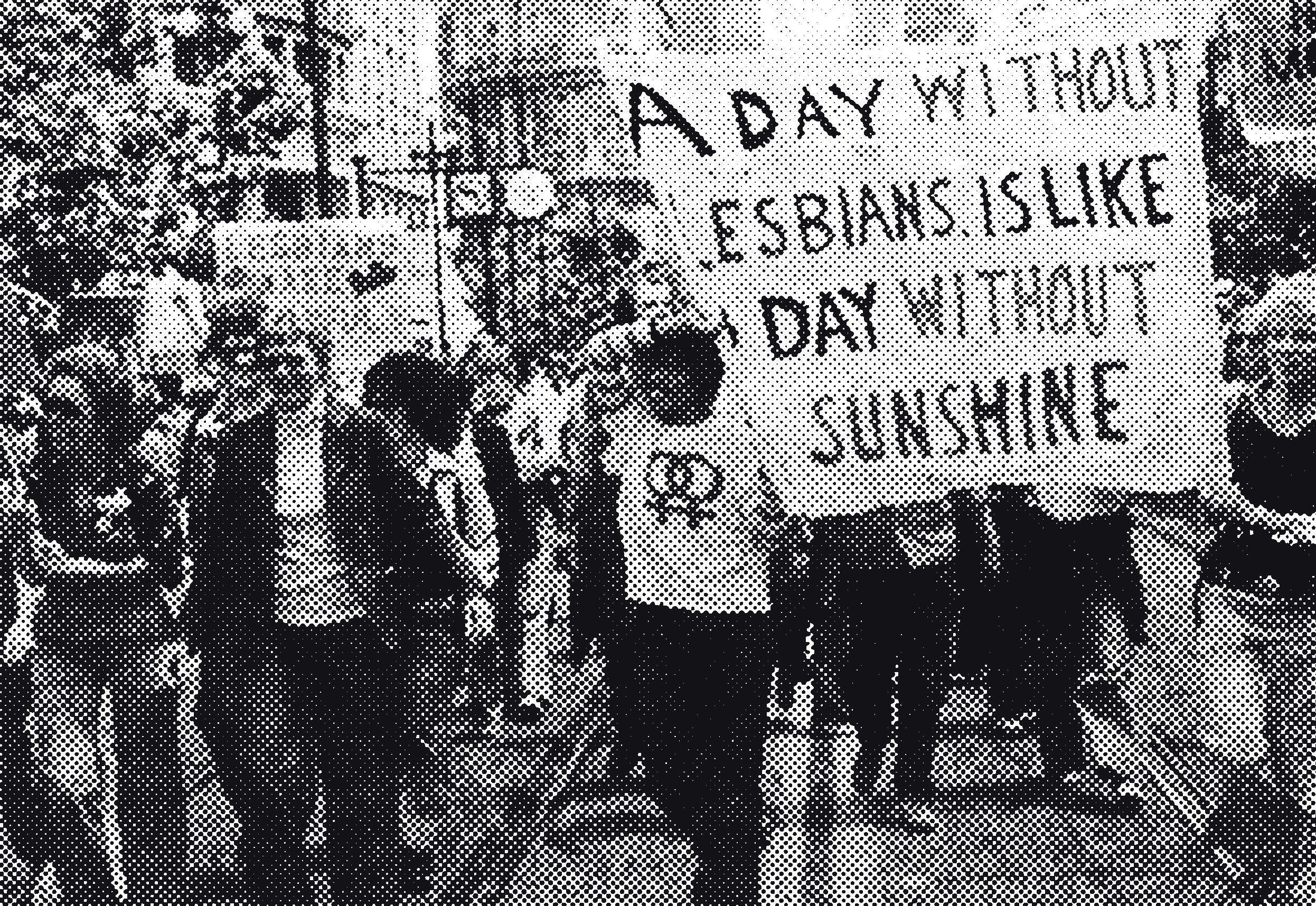Changing the Landscape: Reframing LGBTIQA+ Suicide Prevention
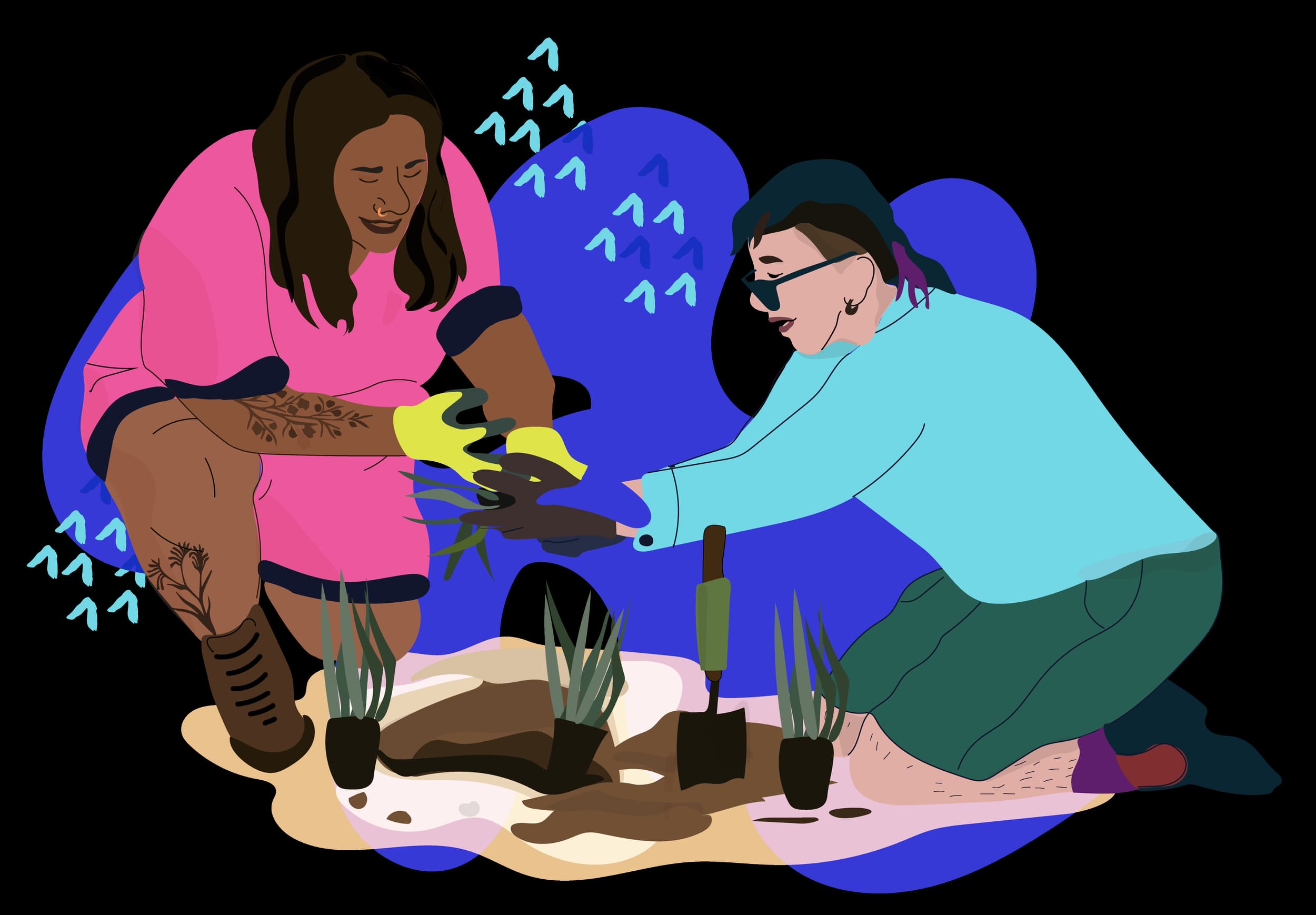
Content warning: This article discusses suicide and grief. If you’re looking for someone to talk to, you can reach out to QLife for LGBTIQ+ peer support.
“Changing the Landscape” is a collective effort to reimagine how suicide prevention and care are understood, delivered, and led for LGBTIQA+ communities across Australia. Run by Switchboard Victoria and supported by LGBTIQ+ Health Australia, the project is driven by a determination to shift responsibility for harm away from individuals and onto the systems that perpetuate it.
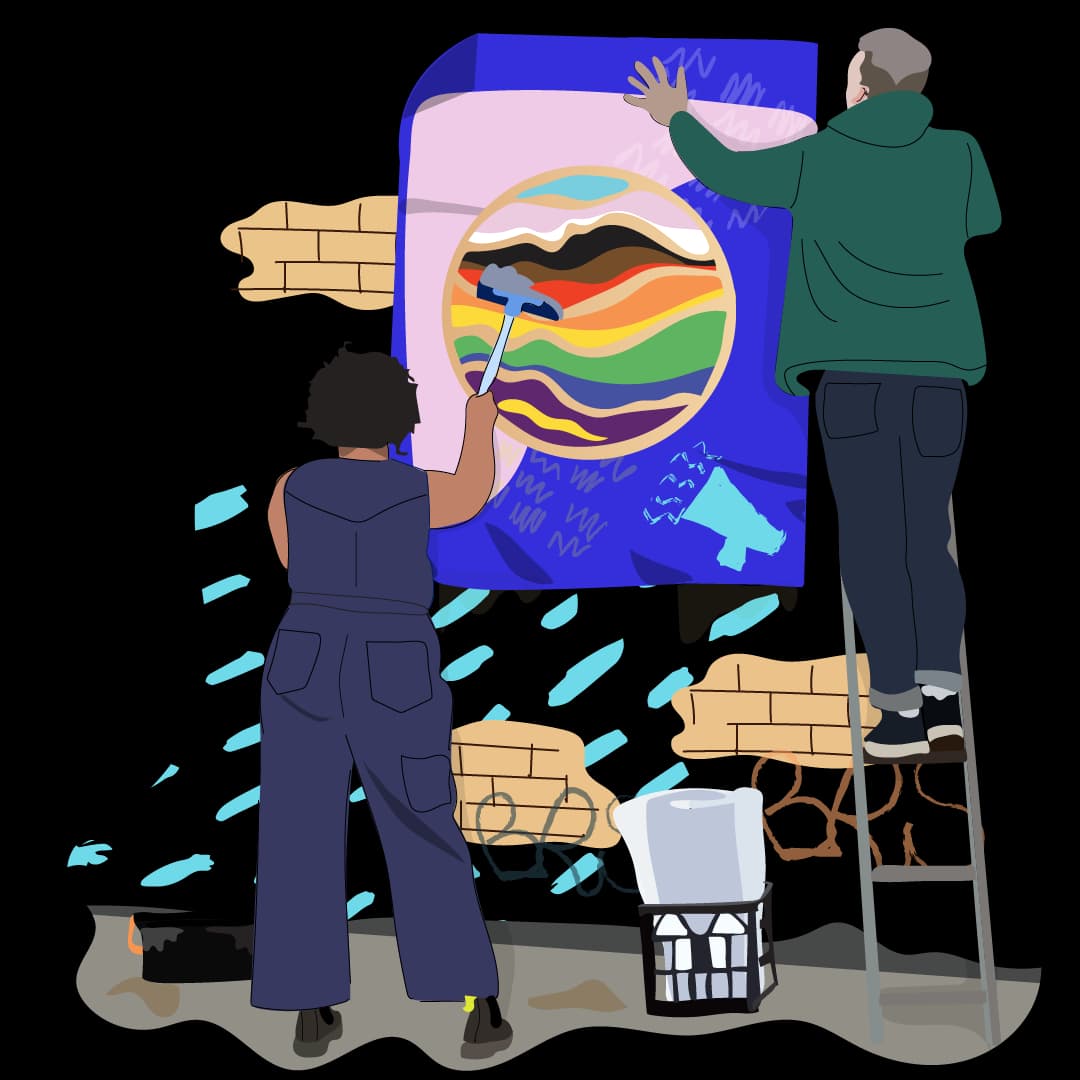
Origins in Grief and Community
Switchboard’s suicide prevention work began in 2018 following the death by suicide of Ingrid Zhang, a volunteer coordinator for QLife, the national LGBTIQA+ peer support phone service. In the wake of this loss, the organisation entered a collective process of postvention, a period of reflection, learning and care.
From that grief, Switchboard recognised a critical gap: there were few suicide prevention programs addressing the specific needs and experiences of LGBTIQA+ people. The Suicide Prevention Program emerged, later expanding to include a bereavement service and a national lived experience network. Out of these efforts came Changing the Landscape, a call for systems-level change.
Confronting Gaps and Structural Harm
Despite clear evidence that LGBTIQA+ people face disproportionately high rates of suicidal distress, research and data collection remain limited. Until 2026, when questions about sexuality and gender identity will finally be included in the Australian Census, data-driven advocacy for queer health equity continues to be undercut by invisibility.
This lack of data contributes to funding shortfalls, service gaps, and systemic discrimination. Many LGBTIQA+ people report avoiding healthcare due to past experiences of stigma or pathologisation particularly trans, gender diverse, and intersex people who have faced historical and ongoing medical harm.
“Healthcare settings often remain sites of trauma,” Maya says. “When someone seeks suicide prevention support, they’re incredibly vulnerable, not weak, but exposed to systemic harm. Microaggressions and erasure in those moments can be devastating.”
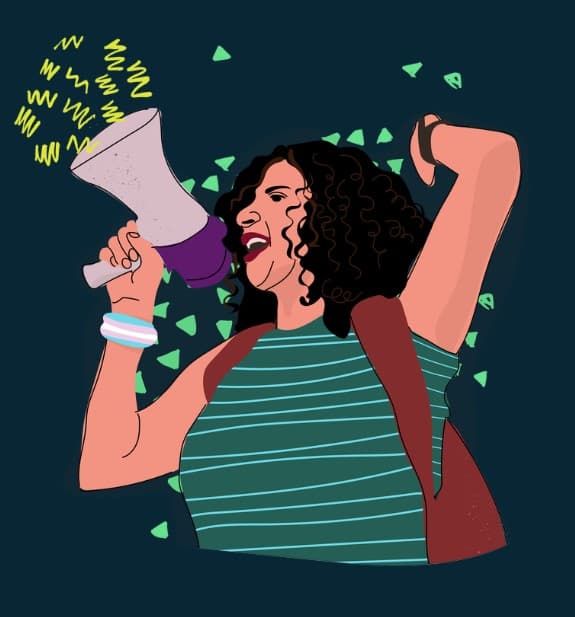
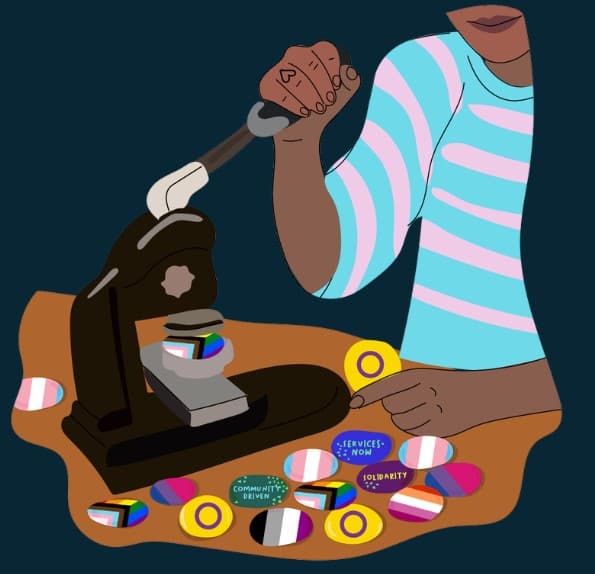
Reclaiming Agency and Dignity in Care
A central focus of Changing the Landscape is restoring agency to people navigating suicide distress. The project advocates for “dignity in risk”, an approach that respects personhood and acknowledges individuals as experts in their own lives and care.
Maya describes the aim as moving away from “medical models that are imposed on people,” toward care that is informed by relationships, autonomy, and identity. In this vision, care systems are shaped collaboratively, not dictated top-down.
Mutual Aid and Collective Resistance
The campaign also seeks to reframe mental health and suicide prevention away from deficit narratives. “We want to shift the focus from identity-based deficit to one that celebrates resistance, resilience, mutual aid, and community,” says Chris, a Lived Experience Project Worker with Switchboard.
For Chris, who is Vietnamese, the work is also about broadening how care is defined.
“In my family and community, mental health and suicide are rarely talked about directly — but care shows up in other ways. Food, humour, checking in without words. It’s not that people don’t care; it’s that Western models often don’t recognise what care looks like outside their own frame,” Chris says.
They add that this invisibility can compound isolation for LGBTIQA+ people of colour.
“When you grow up between cultures, you learn to translate yourself all the time. In crisis, that can mean there’s nowhere you feel fully understood. Suicide prevention has to account for that, for what it means to carry multiple identities and different languages for pain.”
Peer support and mutual aid are at the core of this work, rejecting hierarchical models of care in favour of solidarity and shared knowledge. “Mutual aid dissolves hierarchy,” Chris says. “It’s about solidarity, not charity. It recognises that our communities have always built care systems when mainstream ones failed us.”
Upcoming co-designed resources include a Mapping Your Care Network tool and a Carer Resource collecting stories and practical strategies for supporting loved ones through suicidal distress.
Narrative Therapy and Storytelling as Resistance
Storytelling sits at the heart of Changing the Landscape, drawing on the principles of narrative therapy to resist the pathologisation of queer lives. “Narrative therapy allows people to reclaim power in their own stories,” Chris shares. “It helps us move away from Western models of coercion and saviourism that don’t reflect our diverse histories and cultures of care.”
By centring LGBTIQA+ voices and lived experiences, the campaign creates space for stories that challenge stigma and inspire connection, a crucial form of suicide prevention in itself.
Imagining a Different Future
Ultimately, Changing the Landscape is about transforming systems while dreaming of something better. Maya envisions a future where every LGBTIQA+ person “can walk into any service, anywhere in the country, and know they’ll be seen for who they are.”
Suicide prevention, they stress, cannot be separated from broader issues like housing, employment, gender-affirming healthcare, and climate justice, all of which impact people’s ability to live freely and safely.
As Chris reflects, “The most painful part of injustice is being treated like a number. But anger can be transformative, it can be rain that nourishes change.”
Visit changingthelandscape.org.au or follow @changingthelandscape on Instagram to learn more, get involved, or share your story.
Where to
find support
Looking for someone to talk to?
Find peer groups, community organisations and referral pathways for LGBTIQ+ women and gender diverse people.

